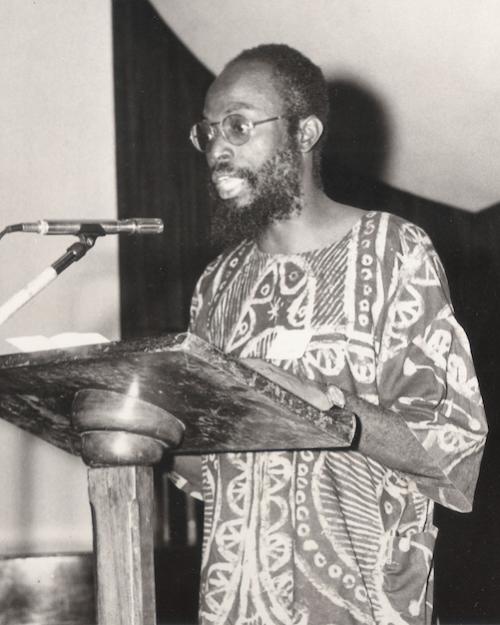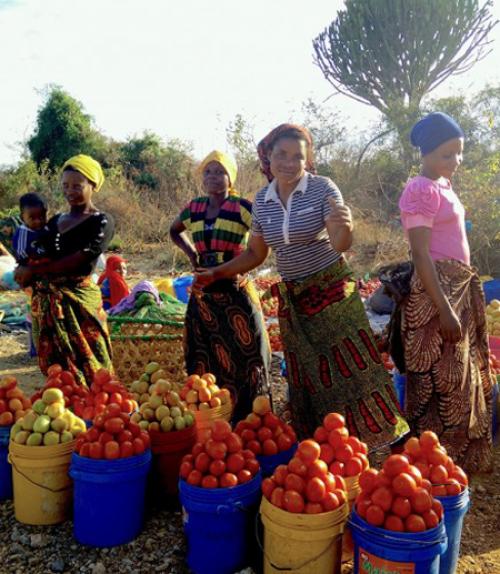It was late September when Cornell’s Fulbright adviser, David Holmberg, learned that six of his advisees had won Fulbright-Hays Doctoral Dissertation Research Abroad (DDRA) fellowships from the U.S. Department of Education. This was out of just 100 fellowships awarded nationwide.
Unfortunately, Holmberg also learned that the winners had three days to submit their signed paperwork or they would lose their awards.
Austin Lord, a doctoral student in the field of anthropology, happened to be floating down the Karnali River in remote western Nepal at the time, with a cell phone but no internet connection.
“It was a scramble,” Holmberg recalled. Lord’s wife, Sneha Moktan, tried to reach her husband by phone. Meanwhile, Holmberg tried to work out an arrangement with the education department, but there was a power outage in Washington and he couldn’t get through.
In the end, Lord got permission to send an electronic signature and secured his place in the DDRA program. The fellowship will support him and his family for a year as he researches the aftermath of two 2015 Nepal earthquakes for his Ph.D. thesis.
Two of this year’s Cornell fellows are studying anthropology and four are in the field of development sociology. All will conduct their research in languages other than English. The prestigious awards cover travel and living expenses for four to 12 months for the students and their family members, along with health insurance and research costs. Fellows are administratively supported by the Mario Einaudi Center for International Studies.
The 2018 Cornell Fulbright-Hays DDRA fellows:
- Karlie Fox-Knudtsen (anthropology), India (Odia language): “Aluminum Gods: Mining and Religiosity Along Odisha’s Bauxite Supply Chain.”
- Austin Lord (anthropology), Nepal (Nepali): “Turbulent Futures: Aftermath and Anticipation in Post-Earthquake Nepal.”
- Karla Peña (development sociology), Ecuador (Spanish): “Land, Labor and Haciendas in Ecuador: Rural Mobilization and State Formation in the 21st Century.”
- Ewan Robinson (development sociology), Tanzania (Swahili): “Preparing the Ground: Land Investments and National Development in Tanzania’s Agricultural Growth Corridor.”
- Aubryn Sidle (development sociology), Kenya (Kiswahili), “Soft Skills, Hard Outcomes: ‘Emplacing’ Soft Skills in Girls’ Education Practice in East Africa.”
- Janet Smith (development sociology), Senegal (French), “Islamic Banking and Finance Practices in Senegal.”
“This kind of research is critical for the production of knowledge about other parts of the world,” Holmberg said. “These aren’t two-week flash visits. These are long-term, intensive projects. It’s truly meaningful international engagement.”
Last year, two DDRA fellows came from Cornell, and in 2016 there were three. This year, only the University of Wisconsin-Madison, with seven, had more.
“It reflects well on these students individually, and it reflects well on Cornell’s graduate programs,” said Holmberg, a retired anthropology professor who specialized in Nepal. “It reflects particularly well on the university’s commitment to area and language studies.”
The Einaudi Center maintains area studies programs in: Africa; East, South and Southeast Asia; Europe; and Latin America and the Caribbean. Cornell is the only university in the United States to offer advanced Nepali, as well as four levels of instruction in each of the major Southeast Asian languages.
This story also appeared in the Cornell Chronicle.




